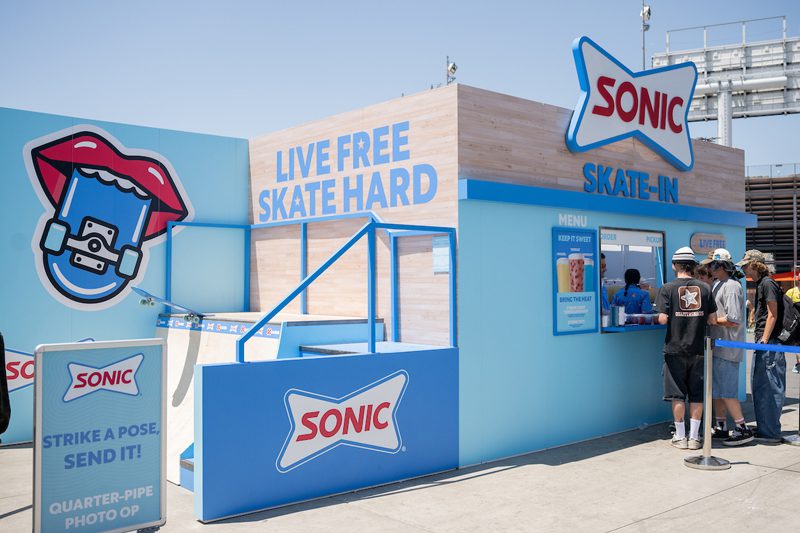IT’S BEEN A ROCKY ROAD towards March Madness this year. Sponsorship recruitment got a late start as CBS and the National Collegiate Athletic Association worked out how to activate their landmark $6 billion deal. Dubbed the most comprehensive partnership in sports history, the deal was inked in 1999, spans 11 years, and gives CBS all TV, marketing, licensing, radio, Internet, and corporate partnership rights to 65 NCAA championships.
But given the high value and popularity of the NCAA’s most prized event — the Division I Men’s Basketball Tournament — few industry insiders seem worried that this season will suffer setbacks.
At the outset, Host Communications, which had administered the NCAA marketing rights since 1975, was charged with finding corporate sponsors (by subcontracting the rights from CBS). But New York City-based CBS took back the corporate sponsorship selling from Host in September. Host was unable to sell sponsorships because the high-ticket media rights made sponsorship packages so much more expensive, sources say. (Media buys had been separate from sponsorship deals in the past.) CBS would not comment, but the NCAA said the change was not made because Host was unable to sell the packages.
“CBS made a decision that they could bring that element in house and that they didn’t really need [Host’s] services,” says Dennis Cryder, VP-branding, broadcasting, and promotions at Indianapolis-based NCAA. CBS hired several Host staffers to woo sponsors, however.
Host, a subsidiary of Lexington, KY-based Bull Run Corp., will continue under a two-year agreement to administer domestic and international merchandising for the NCAA’s national championships and to produce the Hoop City fan festivals at the men’s and women’s basketball tournaments.
Before the agreement between Host and CBS was amended, Host did sign Coca-Cola Co. as a “corporate champion” sponsor. The Atlanta-based beverage giant shelled out $500 million in June to eliminate seven-year sponsor PepsiCo, and to secure rights to the NCAA’s 87 national championships for 11 years. At press time, Coke was still the only sponsor, though the league was in negotiations with up to six more potential partners. Last year, there were 15 corporate sponsors for the season, but the emphasis is now on “fewer and bluer” partners, Cryder says.
When it came down to choosing Coke or Pepsi, it wasn’t about one company outbidding the other, but about activation, says Cryder. “We were very impressed with [Coke’s] three tiers of activation: national, regional, and local.”
Coke heads to the basket
For the Men’s Final Four, one of TV highest-rated sporting events, Coke wants to be an all-star player, not a walk-on. So the company has gone all out with a first-quarter sweepstakes awarding two grand-prize trips for four to the Final Four for the next 10 years.
The cola giant is using a “tribe” theme that builds off college basketball fans’ allegiance to either their alma mater or to a team in their conference. “There is nothing like March Madness in the way that fans embrace it,” says Mike Jones, Coke’s managing director of national consumer programming.
The theme will be played up at retail, where large displays will feature designated “Tournament Central” areas mocked up like game floors, complete with Jumbotrons. A to-be-disclosed CBS personality will be featured on P-O-P displays for participating product (Coke, Vanilla Coke, Sprite, Caffeine Free Coke, and Cherry Coke) and in commercials.
Plus, radio promotions in 32 markets will dangle the opportunity for a fan to represent their “tribe” and travel with their team for as long as they last in the tournament. Momentum North America, St. Louis, handles the Final Four promotion, and The GEM Group, Atlanta, takes care of Coke’s activity for the other NCAA teams.
“We’re trying to create excitement, while laying down a foundation upon which to build over the next 10 years,” Jones says.
 Network
Network

